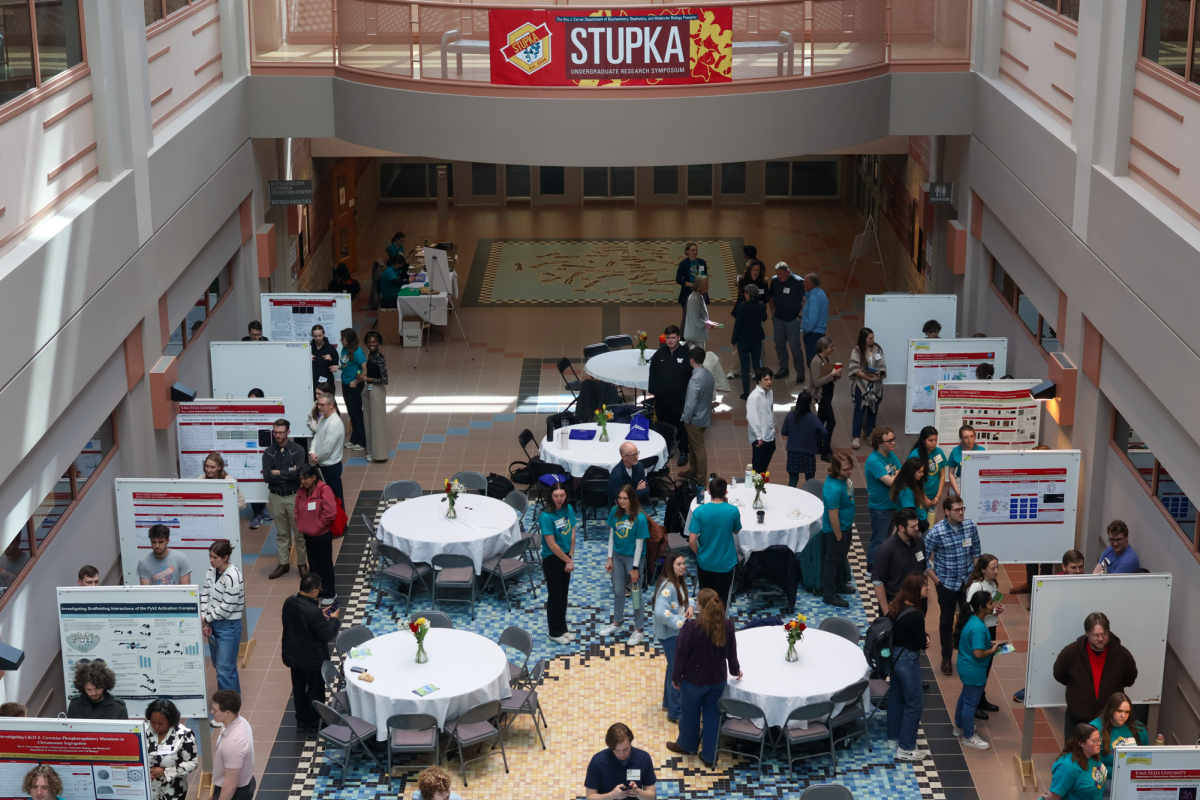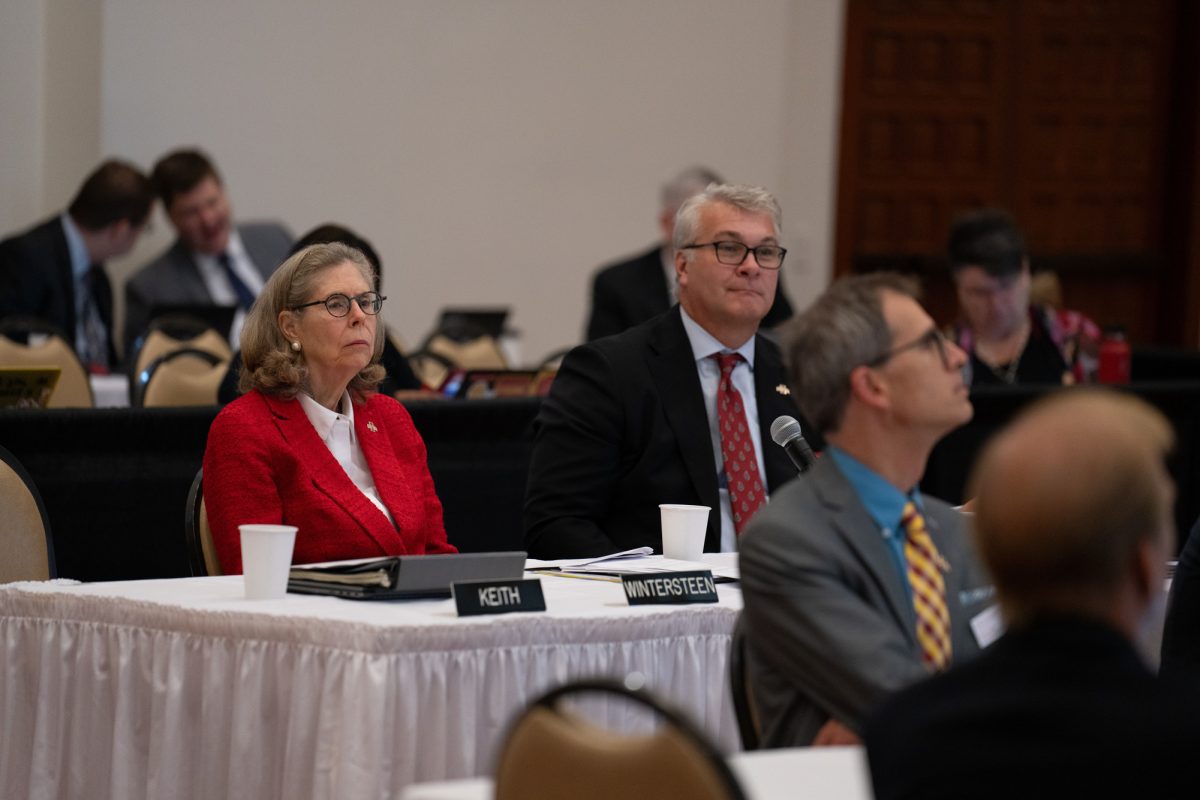The 19th annual Stupka Symposium took place at the Molecular Biology Building Thursday as a part of LAS Week.
The event offers a platform for undergraduate students to present their research in biochemistry, biophysics and molecular biology (BBMB).
“Stupka offers the chance to take on a meaningful leadership role and shape the first undergraduate-run research symposium in the nation,” Claire Kruesel, Stupka advisor and student services specialist, said. “It’s also an inviting community where you can be involved even if you don’t have a lot of time to give. As a team-based organization, you can contribute according to your strengths, interests and time.”
The event was originally inspired by Robert John Stupka III, an undergraduate biochemistry student who aimed to strengthen connections between students and faculty in pursuit of scientific discovery.
Tragically, on Nov. 30, 2005, Stupka’s life was cut short in a pedestrian-vehicle accident in front of the Molecular Biology Building.
In tribute to Stupka’s vision and dedication, the BBMB Undergraduate Symposium was named in his honor. To continue to honor Rob, students continue to organize this event and welcome all ISU students.
The symposium is entirely student-organized and one of its goals is to allow collaboration between students, faculty and professionals while celebrating undergraduate achievements in scientific research.
“Planning a symposium requires a lot of people working together on many different aspects, such as fundraising and scheduling,” Alison Decker, a student Stupka leader and a senior in biochemistry, said. “It can be difficult at times to make sure the right people have the information they need to complete whatever project they are working on”
Decker said the program is very collaborative, making the symposium run smoothly.
“However, our team is committed to holding weekly meetings where everyone is able to share what they have been working on and give feedback where it is needed,” Decker said. “The environment of the meetings is very collaborative, and I think that’s what helps make planning the symposium run more smoothly.”
The Stupka Symposium serves as a platform for undergraduates to present their research, engage with professionals and learn from the speakers.
The event kicked off with campus activity and two research poster sessions, where students showcased their findings to faculty and industry experts.
The event then led with opening remarks from LAS Dean Benjamin Withers, followed by student speakers Carly Nichols, Anna Schwake and Tim Stanley. Other keynote speakers and an alumni speaker also presented.
The event concluded with dinner, awards and closing remarks, recognizing the dedication and achievements of Iowa State’s undergraduate researchers.
“This year’s symposium has been unique in the fact that we have had many more committee members compared to previous years which has allowed us to be more efficient and split up the workload,” Madeline Stadtmueller, student Stupka leader and a senior in biochemistry, said. “It is exciting to see so many undergrads take an interest in this great student organization.”
The poster session was a representation of students presenting their research, ensuring an inclusive and collaborative environment for sharing scientific discoveries.
“Posters allow students to show off key findings/data or methods used during their research in a more visually appealing way,” Decker said. “This year, we are lucky to have 30 poster presenters.”
Decker also said the event serves as a networking event, as many faculty and alumni attend.
“For students that are involved in research, the symposium provides them an opportunity to practice important science communication and become exposed to all of the different kinds of research being conducted in different fields,” Decker said. “Even those not involved in research can benefit because the symposium provides great networking opportunities, as many alumni and faculty attend the event.”
Beyond individual research, the symposium aims to reinforce Iowa State’s commitment to student-faculty collaborations.
“I hope that students participating in the Symposium feel empowered to keep going on their journey of becoming scientists or professionals,” Kruesel said. “Everyone starts somewhere, and the undergraduate stage of becoming a researcher is important and deserves to be showcased. I also hope students on the Committee feel proud and inspired by all they have accomplished. This is a complex, dynamic, exciting event that takes a big team to bring to life.”














